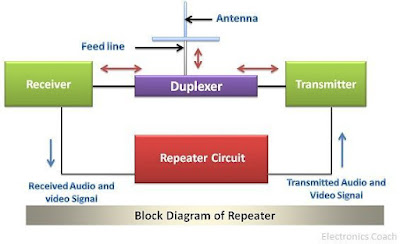The Southern Cape Experimental Repeater Project is the construction and experimentation with a low cost, low power, but a feature rich duplex Linux based amateur radio repeater using a single board Raspberry Pi Computer and other easily available parts and equipment. I hear you say now what makes this such a big deal, as there are enough repeaters in the Southern Cape and South Africa. Why another repeater? Let me explain.
Some time ago I discussed this project on the Amateur Radio 101 Telegram Group. The idea behind building another repeater in this area stems from the fact that many radio amateurs do not have access to experimental repeaters, repeater sites, technical know how etc. etc. With all the local repeaters in this area not one is currently available to conduct tests and to experiment with as one of these repeaters are very busy, one belong to a club and one belongs to the Western Cape Repeater network and is mainly used for emergency communications. I have no problem with any of these repeaters and how they are used. I would however like to have an experimental repeater in the Southern Cape that is available to all radio amateurs to use, tinker and experiment with. This is how this project came to the foreground and it was decided to build such a repeater from scratch. More on the build to follow.
Some might ask what is there to experiment with using a repeater? Well I can think of many aspects and I will mention only a few here:
1. Raspberry Pi and other Repeater hardware Controller experiments
2. Raspberry Pi and other Repeater software Controller experiments
3. Linking a Repeater to a VOIP Network via 5.8 Ghz Network system
4. Experimenting with Nodes, Hubs, Reflectors, Echolink, AllStar, DMR, IRLP etc.
5. Propagation studies. To many to mention here.
6. Testing different Coaxial cables and connectors, including length and termination.
7. Testing a variety of antennas (including wire, dipoles, ect.) and the height above ground of the antennas.
8. Experimenting with RF Power levels i.r.o the transmitter (TX). How low can one go?




